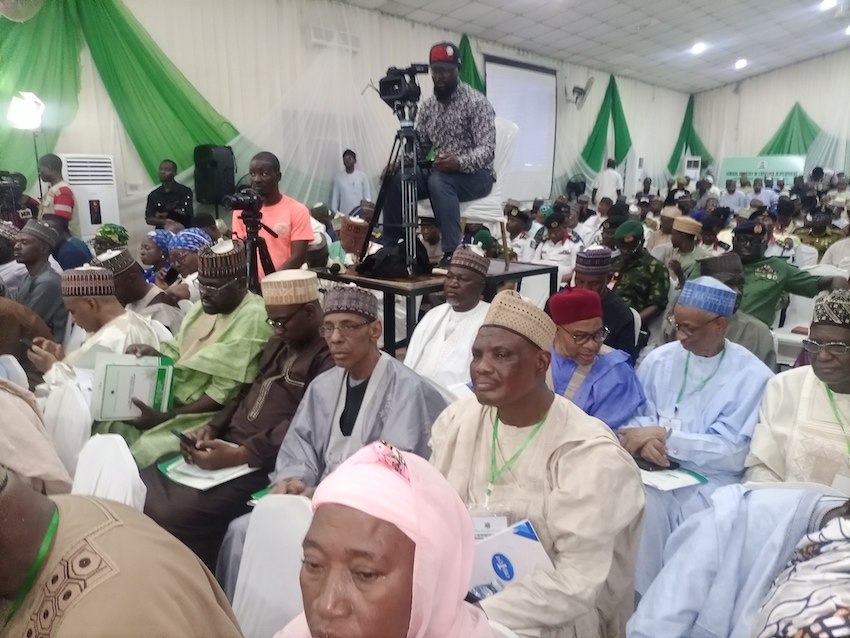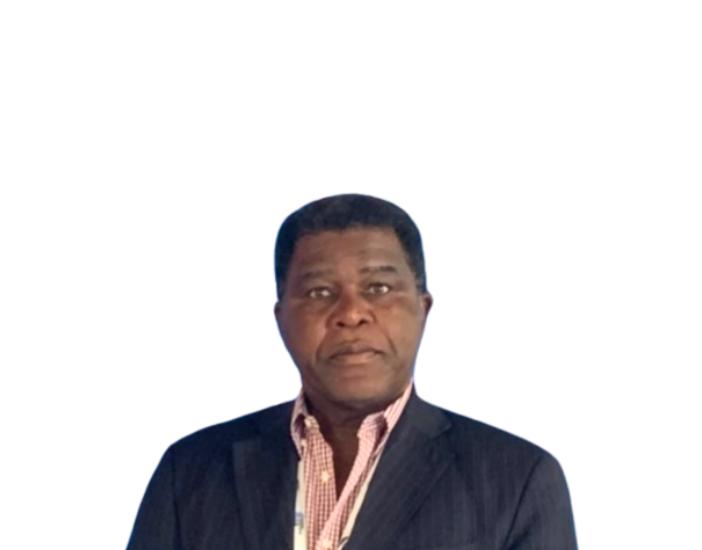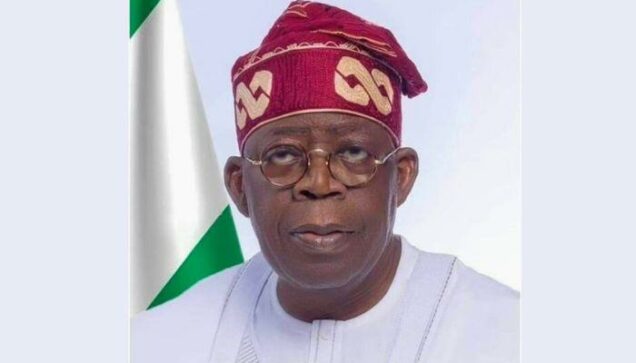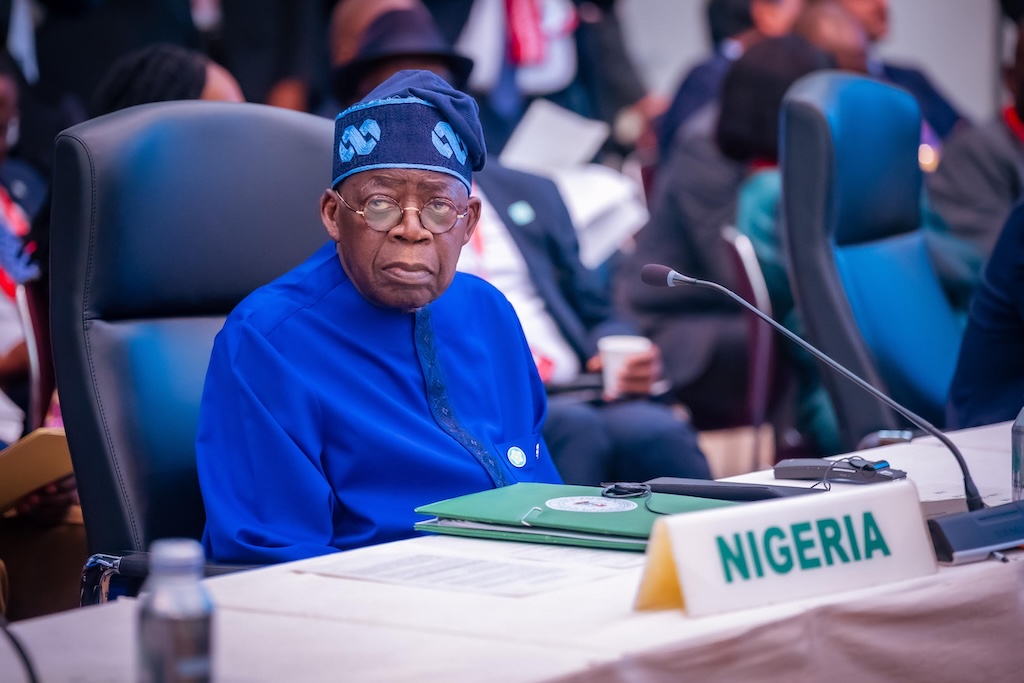Prominent northern political, traditional, and business leaders on Tuesday converged on the historic city of Kaduna State to assess the performance of President Bola Tinubu’s administration two years after assuming office.
The meeting, currently holding at the Arewa House—the former residence of the late Premier of Northern Nigeria, Sir Ahmadu Bello—was convened by the Sir Ahmadu Bello Memorial Foundation, a socio-political think-tank committed to championing the ideals of the late Sardauna.
Themed, “Assessing electoral promises: fostering government -citizens engagement for national unity,” the two-day session is drawing participants from across the 19 Northern states and the Federal Capital Territory.
The gathering, which continues on Wednesday, attracted a cross-section of the North’s crème de la crème—former governors, ex-ministers, traditional rulers, technocrats, civil society actors, and religious leaders—underscoring the seriousness with which the region views its place in the unfolding Nigerian narrative under Tinubu.
While the tone of the event was largely measured, insiders say undercurrents of dissatisfaction, especially over the North’s perceived marginalisation in key appointments, project execution, and federal allocations, are expected to dominate behind-the-scenes discussions.
The foundation’s Director-General, Abubakar Gambo Umar, who spoke ahead of the event, said it was a continuation of the region’s tradition of engaging constructively with successive administrations.
“The Sir Ahmadu Bello Memorial Foundation is pleased to announce a significant two-day interactive session scheduled for 24th and 25th June 2025 in Kaduna, Nigeria,” he had said in a statement.
“This landmark event builds on the Foundation’s successful engagement on 17th October 2022, where frontline presidential candidates, including then-candidate Asiwaju Bola Ahmed Tinubu GCFR, presented their manifestos and made commitments towards the development of Northern Nigeria.
“With President Tinubu now two years into his administration, this follow-up session aims to evaluate the progress made on those electoral promises, deepen government-citizen engagement, and promote a clearer understanding of the administration’s policies and programmes,” he added.
Umar also noted that the review would serve as a “critical litmus test” to measure the federal government’s responsiveness to the socio-economic and security challenges facing the region.




